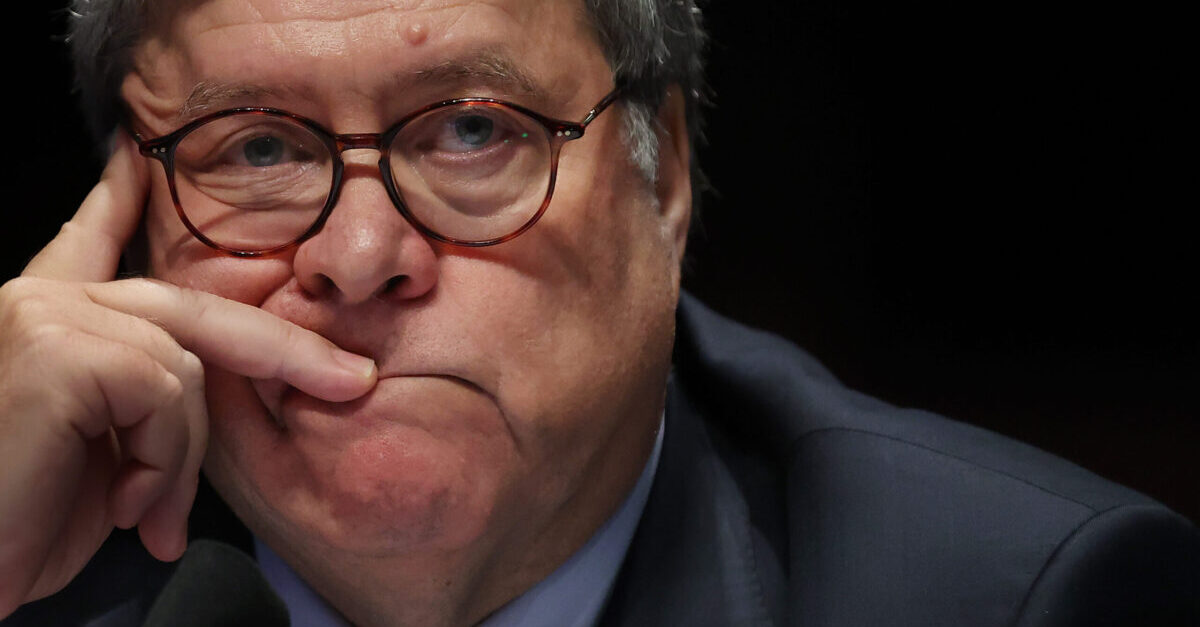
The Department of Justice on Wednesday sent draft legislation to Congress asking lawmakers to weaken protections for social media companies by reforming §230 of the Communications Decency Act. The proposed law would allow authorities to hold companies like Facebook and Google accountable for the way they moderate user-provided content.
“For too long Section 230 has provided a shield for online platforms to operate with impunity,” Attorney General Bill Barr said in a statement Wednesday. “Ensuring that the internet is a safe, but also vibrant, open and competitive environment is vitally important to America. We therefore urge Congress to make these necessary reforms to Section 230 and begin to hold online platforms accountable both when they unlawfully censor speech and when they knowingly facilitate criminal activity online.”
The proposal, made “on behalf of the Trump administration,” marks an escalation in the White House’s battle to penalize tech companies it views as biased against conservatives. President Donald Trump in issued an executive order in May directing the Federal Communications Commission to tweak its approach to analyzing protections under §230 after Twitter fact-checked one of his tweets for spreading misinformation about mail-in voting. The company also put a content advisory warning on one of Trump’s posts for “glorifying violence” amid racial justice protests sparked by the Minneapolis police killing of George Floyd.
The widely misunderstood §230 states that “No provider or user of an interactive computer service shall be treated as the publisher or speaker of any information provided by another information content provider.”
This means that internet companies that act as intermediaries by hosting speech are generally protected from being held legally responsible for what others post on the platform. While there are certain exceptions for a narrow swath of criminal and intellectual property-based claims, §230 “creates a broad protection that has allowed innovation and free speech online to flourish,” according to the Electronic Frontier Foundation (EFF).
But the proposed legislation would do away with many of those protections in order to promote “transparency and open discourse,” which the DOJ says is aimed at ensuring platforms “are fairer to the public when removing lawful speech from their services.”
“The current interpretations of Section 230 have enabled online platforms to hide behind the immunity to censor lawful speech in bad faith and is inconsistent with their own terms of service,” the DOJ’s statement said. “To remedy this, the department’s legislative proposal revises and clarifies the existing language of Section 230 and replaces vague terms that may be used to shield arbitrary content moderation decisions with more concrete language that gives greater guidance to platforms, users, and courts.”
[image via Chip Somodevilla/Getty Images]